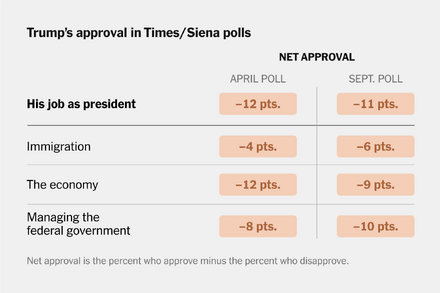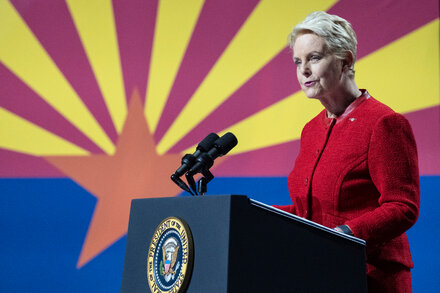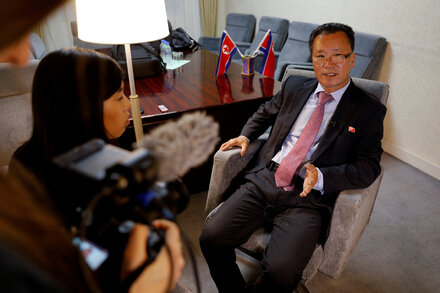Iowa, long revered as the proving ground for presidential hopefuls and the traditional launchpad for the nominating season, has seen its influence within the Democratic Party wane significantly. Despite a decisive move by the Democratic National Committee (DNC) to reconfigure its early primary calendar, a complex and somewhat reluctant entanglement persists between Democrats and the Hawkeye State, illustrating a struggle to fully disengage from a deeply ingrained political tradition.
The Erosion of First-in-the-Nation Status
For decades, Iowa’s precinct caucuses held a coveted “first-in-the-nation” status, making the state an indispensable early stop for any serious presidential contender. This tradition provided a unique opportunity for lesser-known candidates to build momentum through intensive, retail-style campaigning. However, the Democratic Party officially stripped Iowa of this privileged position for the 2024 election cycle, opting instead for a calendar led by South Carolina, followed by Nevada, Georgia, and Michigan.
The DNC’s decision was driven by several key factors. Principal among them was the desire for a more diverse electorate to kick off the nominating process, with Iowa, a predominantly white state, seen as unrepresentative of the party’s broader base. Concerns about electability also played a role, as past Iowa caucus winners did not consistently translate into national success for the Democrats. A pivotal catalyst for the change was the technological meltdown and delayed results of the 2020 Iowa Democratic Caucuses, which cast a shadow over the state’s ability to smoothly manage the process.
A Persistent, If Diminished, Presence
Despite this official demotion, a complete withdrawal from Iowa by national Democratic figures and organizations has not occurred. The state continues to command a certain level of engagement, albeit one largely detached from its former presidential primary prominence. This enduring connection can be attributed to several factors:
- Established Infrastructure: Decades of investment in grassroots organizing, party building, and voter contact have created a robust, if now less spotlighted, party infrastructure in Iowa. Local Democratic committees and dedicated volunteers continue their work, and national party organs may still find value in supporting these efforts for state-level and congressional races.
- Traditional Ties: For many long-time political operatives and party leaders, Iowa represents a foundational element of their campaign experience. The state’s unique caucus system, even when it was cumbersome, provided unparalleled lessons in ground game and community organizing that are still valued.
- Fundraising and Networking: While not the primary focus, Iowa still offers opportunities for fundraising and networking among a dedicated base of donors and activists who remain engaged in state and national politics.
- Reluctance to Abandon States: Politically, it is often challenging for a major party to completely abandon any state, even one that has trended Republican in national elections. Maintaining a presence, however modest, is seen as crucial for future growth and competitive races, particularly for state legislature seats and gubernatorial contests.
The paradox highlights a party in transition, navigating the tension between strategic imperatives for a more diverse and electable nominating process and the deeply entrenched habits and loyalties forged over decades of political engagement. Iowa may no longer be the kingmaker for Democratic presidential aspirants, but its legacy and existing political architecture ensure that the party’s ties, however loosened, are not easily severed.
Source: Read the original article here.





